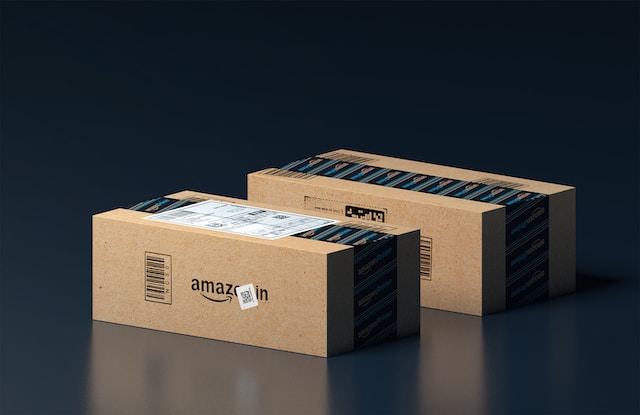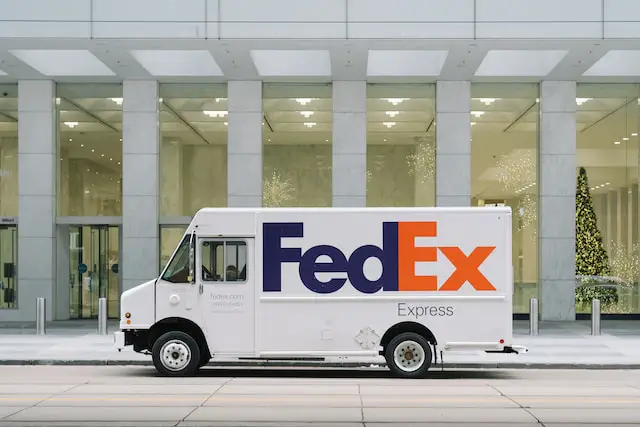A USP focuses on what makes your product or service stand out from competitors, a value proposition emphasizes the benefits that customers will receive from purchasing your product or service.
What is a unique selling proposition (USP)?
A unique selling proposition (USP) is a statement that defines what sets your product or service apart from the competition. It’s the reason why customers should choose you over all other options available in the market.
Your USP needs to be clear, concise, and memorable so that it sticks in your customer’s mind even after they’ve left your website or store. Your USP should address what makes your product different, better, faster, cheaper or more desirable than others.
Some examples of successful USPs are “The Ultimate Driving Machine” by BMW which emphasizes their focus on engineering and performance. Another example is Domino’s Pizza with their famous slogan of “You get fresh hot pizza delivered to your door in 30 minutes or less – guaranteed”. This highlights their commitment to timely delivery of freshly made pizzas.
In order to create a strong USP for your business, you need to conduct research on what matters most to your target audience – this could be price point, quality standards or any other factor important for them while making buying decisions. You must also ensure that it aligns with the values and strengths of your brand so that it feels authentic and credible rather than just another marketing gimmick
What is a value proposition?
A value proposition is a statement that explains the unique benefits or values that a product or service offers to its target customers. It is used to differentiate a company’s offerings from those of competitors and make them more appealing to potential buyers.
A strong value proposition should clearly communicate how the product or service solves a problem, satisfies a need, or fulfills a desire for customers better than any other option available in the market. This means focusing on what makes your offering stand out and highlighting its most important features.
In order to create an effective value proposition, businesses must have a deep understanding of their target audience and what they are looking for in terms of products or services. By identifying their needs and pain points, companies can tailor their messaging to resonate with potential customers.
Crafting an impactful value proposition requires careful consideration of both customer needs and business objectives. A well-crafted value proposition can help drive sales by making it clear why your product or service is the best choice for your target audience.
USP Vs. Value proposition – Key differences
While both Unique Selling Proposition (USP) and Value Proposition are marketing terms that businesses use to differentiate themselves from their competitors, they have a few key differences.
A USP highlights the unique features or benefits of a product or service that sets it apart from the competition. It is usually a short and catchy phrase, such as Nike’s “Just Do It,” which communicates a strong message to customers about what makes their products different.
On the other hand, a value proposition focuses on how your product or service can solve your customer’s pain points. It explains how your offering will provide more value than any other option available in the market.
Another major difference between USP and Value proposition is that while USPs tend to be focused on one specific feature/benefit of the product/service; Value propositions are often broader in scope as they relate closely to overall company goals, brand identity and core values.
In essence, while USPs help differentiate products by highlighting their unique selling points; Value propositions offer an overarching statement about how you intend to create value for your customers beyond just price point alone.
How to create a strong USP?
When creating a unique selling proposition (USP), it’s important to focus on what sets your product or service apart from the competition. Here are some tips for creating a strong USP:
- Identify your target audience: Who are you trying to reach with your product? What problems do they have that you can solve?
- Focus on benefits, not features: Instead of listing all the features of your product, highlight the benefits that will appeal most to your target audience.
- Be specific: Use concrete language and avoid vague statements like “the best” or “highest quality”. Give specific examples of how your product stands out.
- Keep it simple: Your USP should be short and easy to understand. Avoid using jargon or technical terms that might confuse potential customers.
- Make it memorable: A great USP is something that sticks in people’s minds long after they’ve seen or heard it. Consider using humor, rhyme, or other creative techniques to make yours stand out.
By following these guidelines, you can create a strong USP that will help differentiate your brand from competitors and attract new customers who value what you have to offer.
How to create a strong value proposition?
Creating a strong value proposition is essential for any business that wants to stand out in the market. A value proposition should clearly state what sets your product or service apart from others and how it solves a problem for your target audience.
To create a strong value proposition, you first need to define your ideal customer. This will help you tailor your message to their specific needs and pain points. Next, identify the benefits of your product or service and how they meet those needs.
Your value proposition should be clear, concise, and easy to understand. Avoid using industry jargon or technical language that may confuse potential customers. Use simple language that resonates with them.
Another important aspect of creating a strong value proposition is making sure it’s unique. You need to differentiate yourself from competitors by highlighting what makes you different in a relevant way. The more distinctive and compelling your message is, the greater chance there is of converting leads into sales.
Test and refine your value proposition over time based on feedback from customers and results from marketing campaigns. This will ensure that it remains current, effective, and relevant as market conditions change over time
Examples of successful USPs
(Photo by Vishu Joo on Unsplash )

Examples of successful USPs can help businesses understand what works and what doesn’t in terms of setting themselves apart from the competition. One great example is Domino’s Pizza, whose USP was to deliver pizza within 30 minutes or less, guaranteed. This promise differentiated them from other pizza chains and gave customers a reason to choose their service over others.
Another successful USP is Coca-Cola’s “It’s the Real Thing” campaign which positioned itself as the classic American soft drink that brings people together. The catchy slogan stuck with consumers and helped them build brand loyalty.
FedEx also has a strong USP with its promise to deliver packages overnight, giving customers peace of mind knowing their package will arrive quickly and reliably.
Apple Inc.’s “Think Different” campaign was another memorable USP that emphasized innovation, creativity, and individuality – all values that were important for Apple users who wanted products that stood out from the crowd.
These examples show how effective a unique selling proposition can be in creating differentiation between brands and attracting target audiences.
Examples of successful Value propositions
(Photo by ANIRUDH on Unsplash )

Examples of successful value propositions can be found in various industries and sectors. One notable example is Apple, whose value proposition revolves around their products’ sleek design, ease of use, and integration with other Apple devices. This has led to a loyal customer base that eagerly awaits new product releases.
Another example is Amazon’s value proposition centered on convenience and customer service. Their fast delivery options and easy return policy have made them a top choice for online shoppers worldwide. Netflix’s value proposition also centers on convenience by offering an extensive library of movies and TV shows accessible from anywhere at any time.
In the healthcare industry, companies like telehealth provider Teladoc offer a unique value proposition centered around accessibility – providing access to medical professionals 24/7 through virtual visits. This has been especially valuable during the COVID-19 pandemic when traditional doctor visits may not have been feasible or safe.
These examples demonstrate how effective value propositions are essential in creating customer loyalty and differentiation in competitive markets.
Featured Image By – Bannon Morrissy on Unsplash








